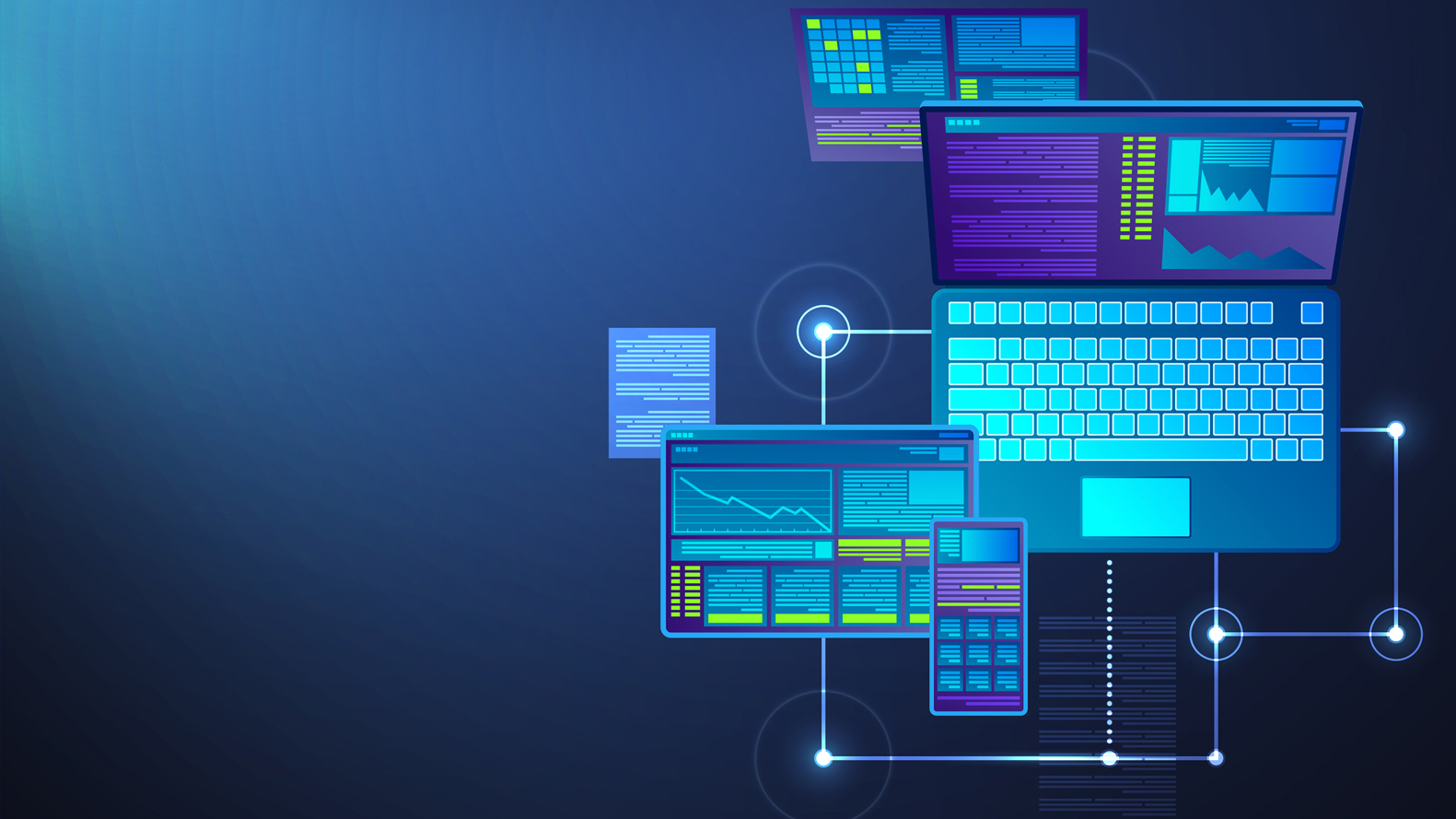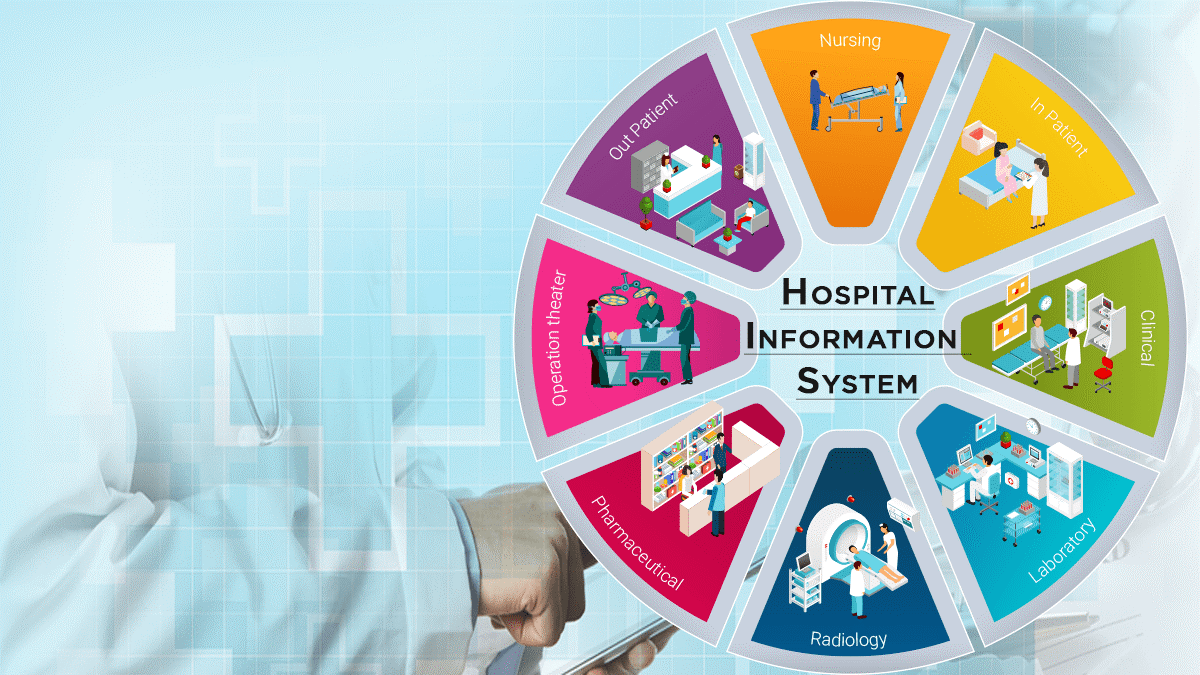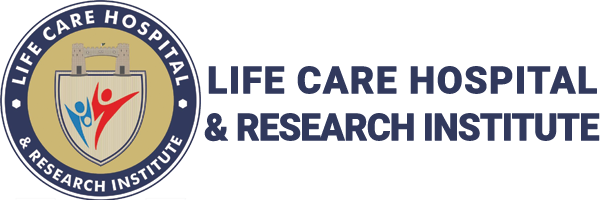Department of Information Technology
Department of Information Communication Technology
At its core, healthcare information technology is all about communication — communication between
devices, between team members, between patients and their medical providers, between separate
medical facilities. These communication channels are enabled by carefully-selected and installed
hardware solutions, and maintained with prompt and effective repair services. These components
should be scalable and flexible so that your network can grow along with your facility.
Information technology’s role in communications also puts it on the front-lines of your facility’s
security team. Healthcare IT standards, patient privacy rights and patient well-being all require a
trustworthy, secure network that is transparent and easy for your staff to use but opaque and secure
against unauthorized users. A healthcare IT services provider can help your facility initiate best
practices for network security. Today’s patients expect their data to be secure, and we can help
establish your reputation as a trustworthy steward of patient data.
Role and responsibility
ICT staff are responsible for all internal and external electronic communication networks,
including:
wide area networks (WAN) and local area networks (LAN) that link systems in healthcare
organizations, including WiFi the hardware e.g desktop computers, printers, laptops, tablets and
smartphones software systems e.g email systems, applications and systems, such as patient
records.
ICT staff are hands-on. They diagnose and fix faults, support staff who use the systems, and develop
improvements. Working in ICT will appeal to you if you have a natural flair for computing.
Roles in ICT
- Computer Services
- Project Management
- Database
- Web services
- Hardware
- Networks




What is Hospital Management System (HMS)
Hospital management system is a computer system that helps manage the information related to health care and aids in the job completion of health care providers effectively. They manage the data related to all departments of healthcare such as,
- Clinical
- Financial
- Laboratory
- Inpatient
- Outpatient
- Operation theater
- Materials
- Nursing
- Pharmaceutical
- Radiology
- Pathology etc.
Why is HMS important for a hospital?
HMS was introduced to solve the complications coming from managing all the paper works of every patient associated with the various departments of hospitalization with confidentiality. HMS provides the ability to manage all the paperwork in one place, reducing the work of staff in arranging and analyzing the paperwork of the patients. HMS does many works like:
- Maintain the medical records of the patient
- Maintain the contact details of the patient
- Keep track of the appointment dates
- Save the insurance information for later reference
- Tracking the bill payments.
The advantages of HMS can be pinpointed to the following:
- Time-saving Technology
- Improved Efficiency by avoiding human errors
- Reduces scope for Error
- Data security and correct data retrieval made possible
- Cost effective and easily manageable
- Easy access to patient data with correct patient history
- Improved patient care made possible
- Easy monitoring of supplies in inventory
- Reduces the work of documentation
- Better Audit controls and policy compliance.

